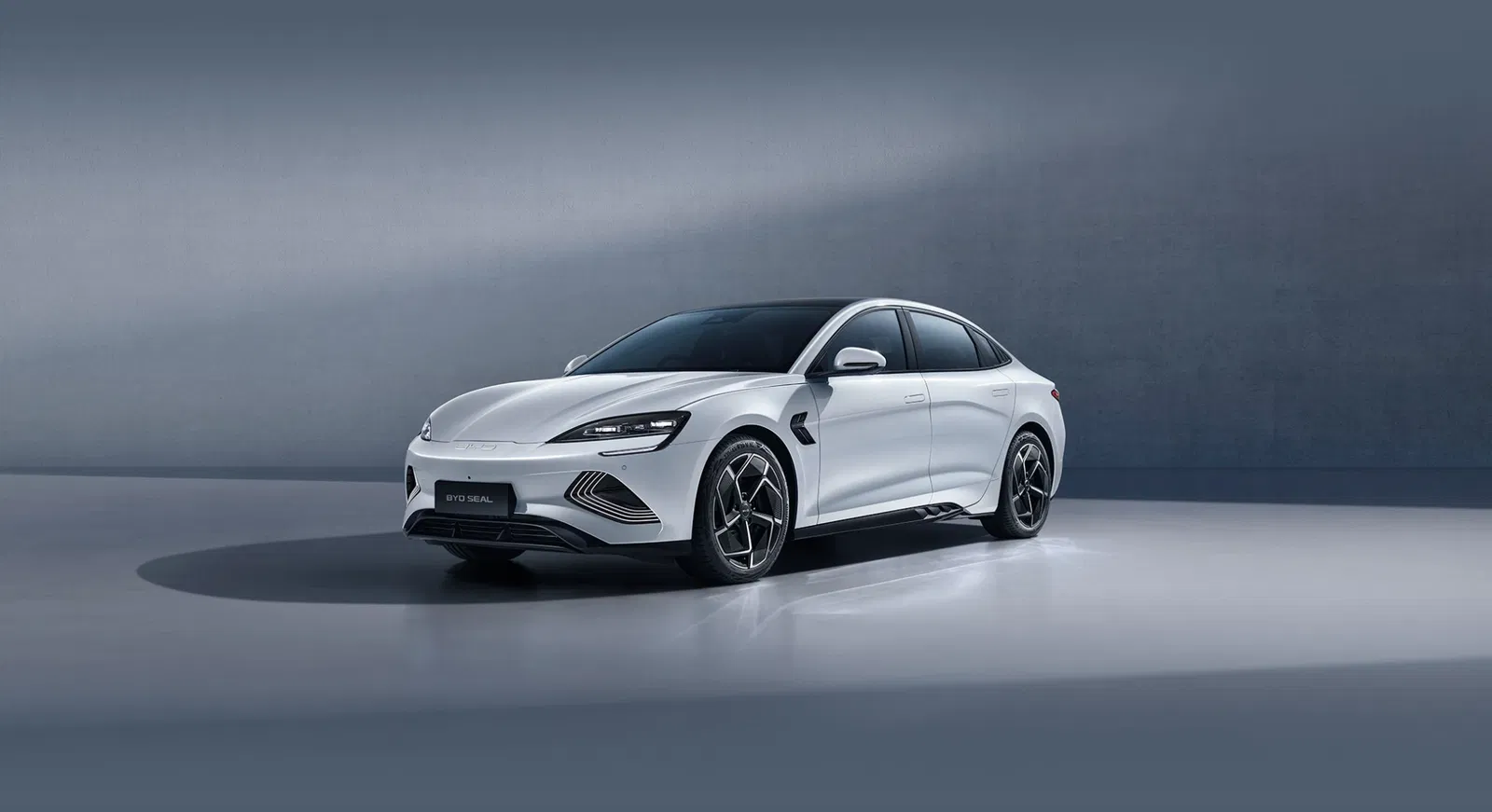Apple and BYD’s Secret Partnership for Apple Car Revealed
- Apple’s $10 billion car dream just hit a brick wall—find out why BYD was involved.
- A secret Apple partnership with a Chinese automaker could have changed the electric vehicle world.
- Apple's car project is dead, but its battery tech may live on in unexpected places.
- Curious why Apple walked away from BYD after years of collaboration? You’ll want to keep reading.
Apple’s ambitious self-driving car project, known as Project Titan, has been quietly shelved after nearly a decade of development, with the company reportedly sinking a staggering $10 billion into the effort. Despite this, new details reveal that Apple collaborated with Chinese automaker BYD for years on the development of custom electric vehicle batteries.
This collaboration, shrouded in secrecy until now, could have positioned Apple’s EV project as a major player in the burgeoning electric vehicle market. However, Project Titan was ultimately deemed financially unviable, leading to its cancellation. Employees involved in the project have either been reassigned or laid off, marking the end of Apple’s long-standing automotive dreams. Photo via AutoGear // A recent computer generated Apple Car concept.
Photo via AutoGear // A recent computer generated Apple Car concept.
A Secretive Partnership with BYD
According to a report from Bloomberg, Apple and BYD partnered to create a unique battery for the self-driving car. This collaboration focused on developing a lithium iron phosphate (LFP) battery, designed to improve both the safety and longevity of electric vehicle (EV) batteries.
BYD, known for its innovative Blade battery system, caught Apple’s attention around 2017 when the Chinese automaker previewed early versions of the technology to Apple executives. These batteries, highly regarded for their safety and durability, were a natural fit for Apple's vision of an autonomous vehicle.
"Apple executives were reportedly amazed by the battery’s safety and capacity," insiders told Bloomberg.
Despite the years of collaboration, the partnership between Apple and BYD didn’t flourish. Trade tensions between the U.S. and China, as well as the scrapping of Project Titan, may have played a role in its dissolution.
The Blade Battery: BYD’s Breakthrough
BYD’s Blade battery, which is now a hallmark of its EV lineup, was initially developed with input from Apple’s engineers as part of the secretive partnership. Though Apple never officially owned any part of the Blade technology, the collaboration laid the groundwork for much of the battery innovation BYD now boasts in its vehicles.
Today, BYD is the largest automaker in China by sales, and for a brief period, it even surpassed Tesla as the world’s top seller of electric vehicles. In 2023 alone, BYD sold over 3 million electric and hybrid vehicles, a meteoric rise from just 179,054 units sold three years prior. Photo via BYD // The 2024 BYD Dynamic Seal. What would a BYD and Apple collab look like?
Photo via BYD // The 2024 BYD Dynamic Seal. What would a BYD and Apple collab look like?
A Billion-Dollar Gamble for Apple
Apple’s investment in Project Titan was immense. The tech giant reportedly funneled approximately $1 billion per year into the effort, developing not only custom battery technology but also entire systems to power the electric vehicle.
Although Apple walked away from Project Titan, the insights and technological advancements gained through the partnership with BYD have not been wasted. These innovations have influenced other Apple products, such as the Vision Pro headset and the Neural Engine AI processor, and are likely to impact future projects in robotics.
Despite the secrecy surrounding their work, sources reveal that BYD engineers played a critical role in advancing Apple’s battery designs. Apple, in turn, brought expertise in heat management and battery pack engineering, contributing to the Blade battery’s eventual success in the market. Photo via ArabGT // Another sleek Apple Car design concept from ArabGT.
Photo via ArabGT // Another sleek Apple Car design concept from ArabGT.
Why Apple Abandoned Project Titan
The scrapping of Apple’s car project has left many wondering why the tech behemoth abandoned such a costly venture. Analysts speculate that the economic and logistical challenges of producing a fully autonomous vehicle were too high, even for a company with Apple’s resources.
Apple had initially planned to sell the car at a price point around $120,000, but internal struggles, delays, and the complexity of the EV market proved too much. By February 2024, Apple made the decision to kill Project Titan altogether.
Lessons Learned for the Future
Despite the failure of Project Titan, Apple’s foray into the automotive industry may still yield future benefits. The lessons learned from this decade-long experiment have already found their way into other Apple technologies and may inform future innovations in fields like artificial intelligence and robotics.
For now, though, the world’s most valuable company remains on the sidelines of the EV race—watching as BYD, Tesla, and others shape the future of transportation.
As one Apple insider put it, "Even a trillion-dollar company can learn harsh lessons from failure."
Recommended by the editors:
Thank you for visiting Apple Scoop! As a dedicated independent news organization, we strive to deliver the latest updates and in-depth journalism on everything Apple. Have insights or thoughts to share? Drop a comment below—our team actively engages with and responds to our community. Return to the home page.Published to Apple Scoop on 16th October, 2024.
No password required
A confirmation request will be delivered to the email address you provide. Once confirmed, your comment will be published. It's as simple as two clicks.
Your email address will not be published publicly. Additionally, we will not send you marketing emails unless you opt-in.